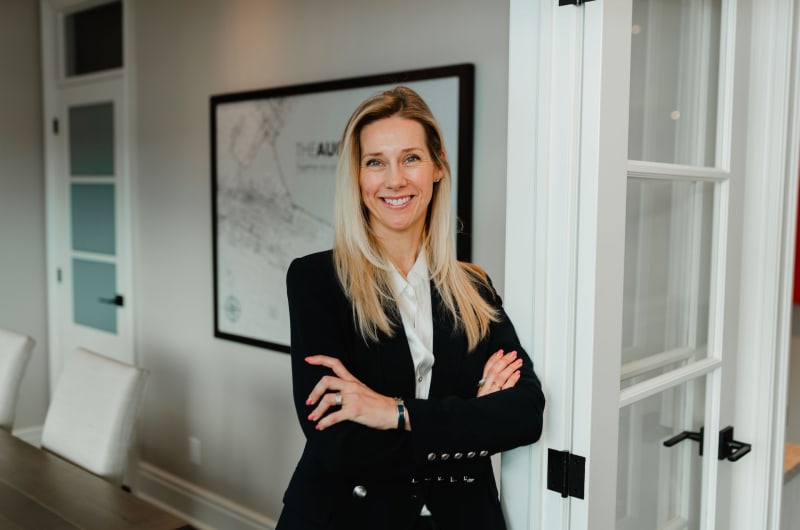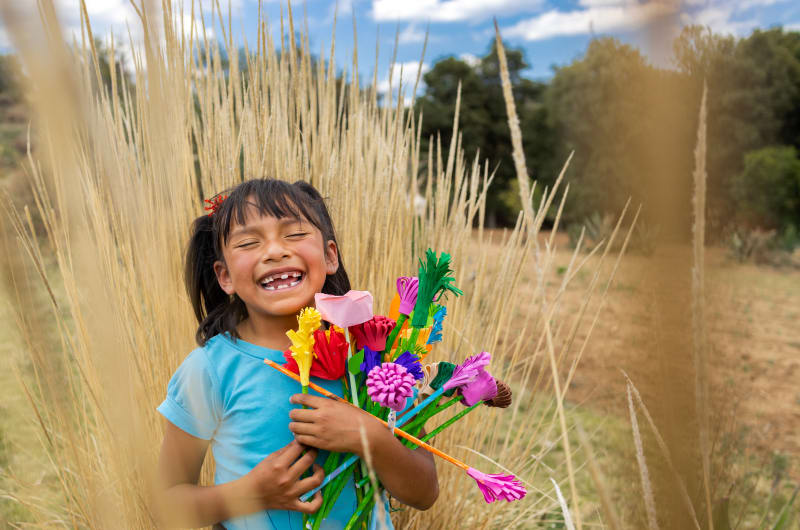Sometimes, it only takes one moment to change everything. For Rachel Albrecht, that moment came while watching Hotel Rwanda. The weight of injustice gripped her heart—and she knew she had to do something. What began as a single step of compassion sparked a ripple effect of advocacy, sponsorship and transformation.
In this blog, Rachel shares her firsthand experience of how child sponsorship became a meaningful way for her and her family to respond to poverty and injustice. She had no idea just how far that first “yes” would reach—not only changing a child’s life but deeply transforming her own.
Part One: A boy named Stiven—and a family moved to act
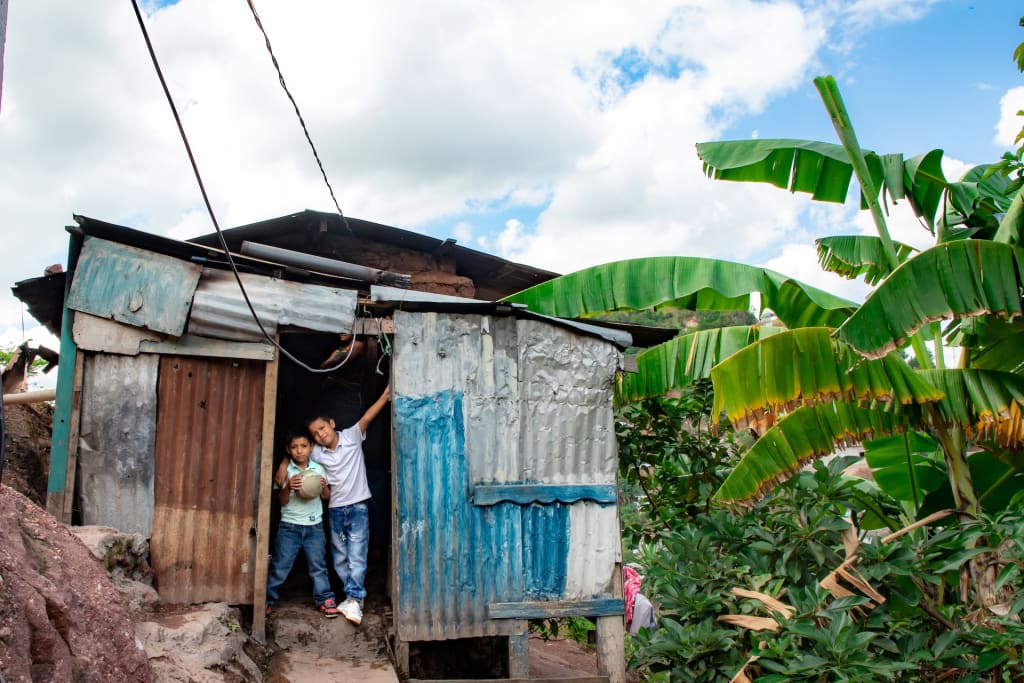
I gripped the phone and readied my pen.
‘Could you provide me with the total cost of everything?’ I asked, uncertain if it would all fit into our budget.
As the woman on the other end answered, I fought the urge to put my head down on the table and cry.
If we were to go back to the beginning, we’d have to rewind almost 20 years. My husband and I had watched Hotel Rwanda and struggled with what we had seen.
Though the genocide had occurred a decade earlier, the implications were still far-reaching.
We decided to support a little Rwandan girl named Grace through Compassion. We grew to love child sponsorships. As a pastor, my husband valued Compassion’s Christ-centred approach and its partnership with local churches. I was an early childhood educator and appreciated Compassion’s emphasis on caring for the whole child.
We began to sponsor a few more kids—Samuel in India, Eyerus in Ethiopia, Jean in Haiti. My husband hosted yearly Compassion Sundays at our church, and many children were sponsored over the next few years.
In 2017, Compassion invited us to Honduras to see the impact of child sponsorships. Before we left, my husband warned me that, financially, we were unable to sponsor another child.
It was an eye-opening trip. We witnessed the extreme difficulties of poverty and how child sponsorships could help families break free from that oppression. We saw Compassion and the local churches work together to care for people in their present situations while equipping them toward a better future.
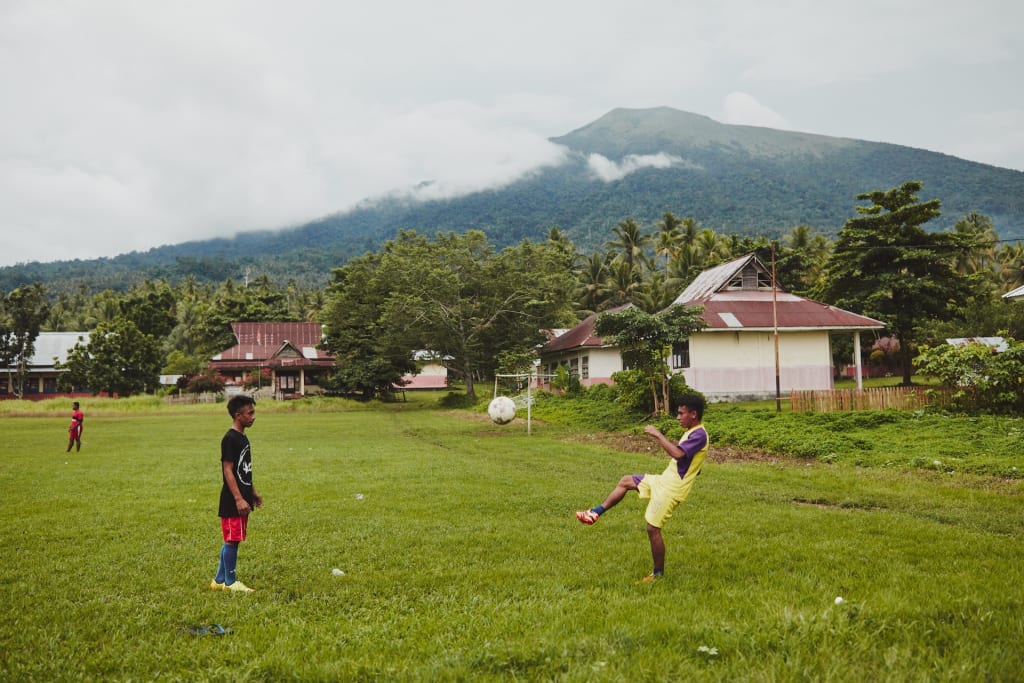
One day, we visited a community of displaced people built upon the side of a mountain. The government didn’t recognize this area, so there were no public services—no electricity, running water, garbage pick-up, proper roads or police presence. The result was dismal.
There, we met a friendly five-year-old boy waiting for sponsorship. Stiven’s mom worked part-time making party decorations while his dad travelled out of town looking for work. Their house was tiny, poorly built on uneven ground and crowded with their few possessions. There were no glass panes or screens on the windows. The cooking and washing areas were outside underneath tattered tarps. Water trickled down the mountain from an earlier rain, making everything dirty with reddish mud.
Back on the bus, my husband looked at me and said we should sponsor Stiven. I couldn’t have agreed more. What I didn’t know at that moment was how deeply this little boy—and his story—would change my own.
Their story doesn’t end here—the most powerful moment is still to come. Stay tuned for Part Two of Rachel’s story, coming to Compassion Canada’s blog on June 9, 2025.
More from Rachel: A conversation on Compassion and calling
Compassion Canada: You’ve shared that watching Hotel Rwanda marked a turning point. What moved you from awareness to action?
Rachel: We were completely horrified watching the atrocities unfold on the screen. Afterwards, we stayed up late and wrestled with our feelings of shock, anger, sadness and helplessness. The genocide happened in 1994 and while we couldn’t do anything about the past, we could try to do something for the future. Through child sponsorship, we could play a small role in the rebuilding and healing process of the country—even if it was just for one child.
CC: That first sponsorship decision—choosing Grace—sparked something bigger. Looking back, what set that ripple effect in motion?
Rachel: We had no idea where things would lead when we first sponsored Grace. It was simply a response to what we had watched. Neither of us had anticipated the excitement and purpose there is in sponsoring a child. There’s a hopeful anticipation that when you try to help make the world better for a child, they will, in turn, make the world better for others. Our world will only become better as people become better, and child sponsorship rooted in the love of Jesus is a powerful way to start bringing about that change.
CC: With backgrounds in both ministry and early childhood education, you and your husband are already deeply invested in nurturing others. How did your trip to Honduras deepen your understanding of Compassion—not just as a charity, but as a movement of lasting transformation through the Church?
Rachel: We went to Honduras to gain a better understanding of Compassion, both from a philosophical and practical point of view. With our backgrounds in ministry and early childhood education, we asked a lot of questions and were impressed with what we learned. Compassion wasn’t just a charity providing band-aid solutions—they were working to create deep-seated change. They addressed immediate needs while also educating and empowering children and families for the future. This was all done through partnerships with local churches. As a result, people could find a Christ-centred community and churches were empowered to identify and meet the needs in their neighbourhoods as the hands and feet of Jesus.
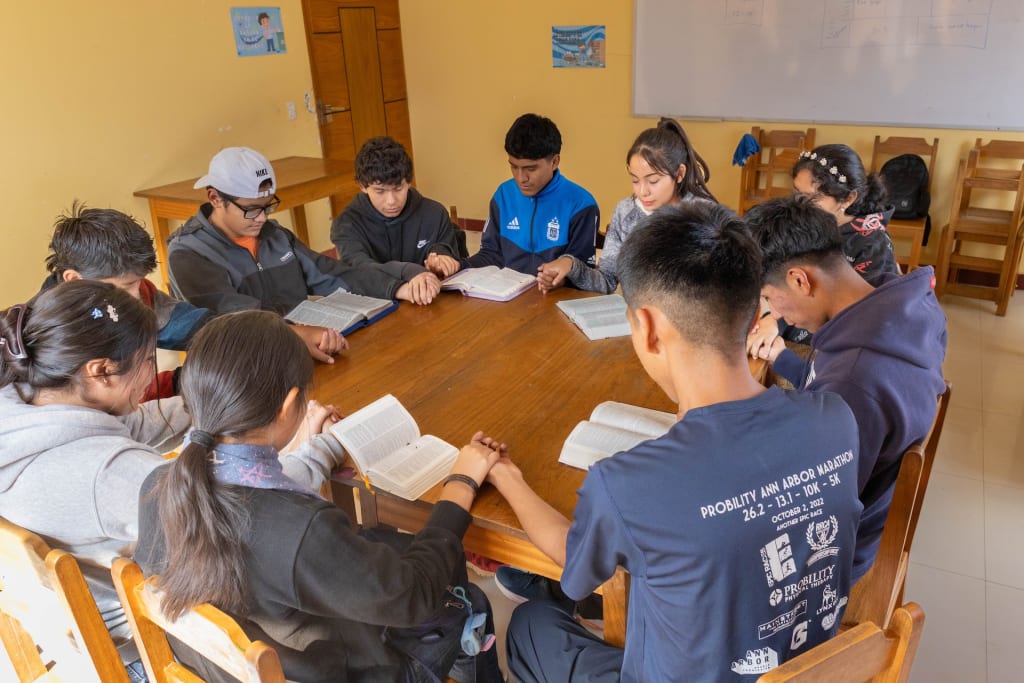
CC: You’ve said this trip engaged your heart in a whole new way. How did witnessing poverty firsthand change your perspective on sponsorship and move you from awareness to action?
Rachel: My husband often says, “Our world is not the world,” and while my head always agreed, this trip was a perfect way to engage my heart. I saw firsthand not only the cycle of poverty but also the people caught in it. This wasn’t simply a news article—these were people I was seeing and talking with, kids I was high-fiving and playing with—and suddenly it all became much more personal.
CC: Even after deciding not to take on another sponsorship, something shifted when you met Stiven. What was it about him—or that moment—that moved you to say yes anyway?
Rachel: Stiven is just a year younger than our son, and when we first met this energetic little boy, we couldn’t help but compare the two vastly different worlds they both lived in. Stiven’s reality was hard for us to see and we knew we couldn’t walk away without doing something. Initially, we thought there wasn’t room in the budget to sponsor one more child—but without even talking about it, we both knew we’d happily get by with a little less so that Stiven could receive so much more.
Are you feeling moved to do something today? Like Rachel, your one step of compassion can spark real change. Sponsoring a child doesn’t just meet a need—it builds a relationship that transforms lives. Join this growing movement of compassion.
Sponsorship transforms a child’s life—and yours.
Make your move today.
What happens when one “yes” to compassion sets off a chain reaction of transformation?
Don’t miss Part Two of Rachel and Stiven’s story coming June 9th.




